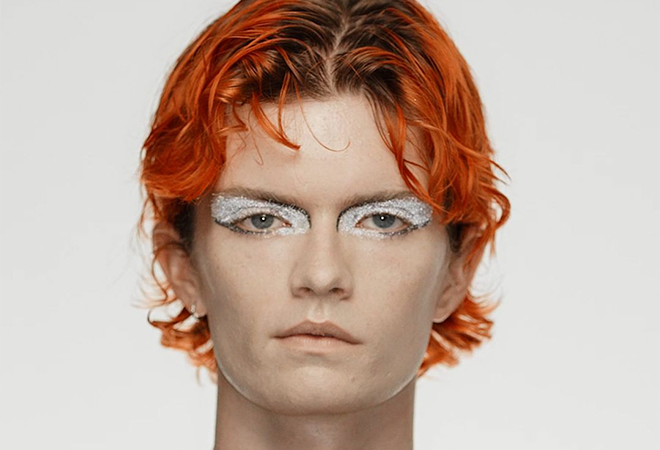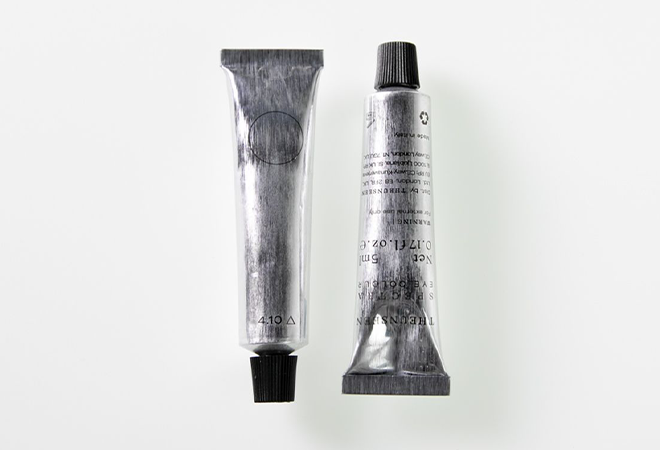Pandemic-Induced Touch Deprivation
After such a long time of being unable to come into close contact with one another, consumers seek tactile products that allow physical contact and stimulation of the senses. As a result, The Innovation Debrief Report explains how companies are delving into the pursuit of sensory strategies that encourage touch, smell, taste, and hearing.
To reconnect consumers through physical touch, the Spanish museum El Prado worked with curators, researchers, and the Puig perfume house to recreate the fragrances of 10 items in Jan Brueghel's "The Sense of Smell" painting. Researchers identified the 80 different plant and flower species seen in the painting, creating the perfect scent for the experience, which visitors can smell through AirParfum technology, which diffuses scents through the use of touchscreen technology.
The Future Laboratory Creative Foresight Analyst Sav Scott comments, "People are seeking emotional and tactile experiences in an attempt to forge meaning and connection with the spaces, people and products around them. Consider how your business or company can use unexpected textures, haptic technologies, color and scent—both offline and online—to stimulate the senses, soothe or inspire."
Climate-Combative Beauty
Climate change is nothing new; with the climate crisis rapidly accelerating, extreme weather events are taking place across the globe, impacting the beauty and health industry more than ever. With research showing pollution and sun exposure causes skin damage and premature aging, businesses are pushing geo-aggressors to the forefront of their product development, curating products that counteract a number of environmental stressors.
Several brands are paving the way for more environmentally conscious products and consumption. The Academy of Scientific and Innovative Research (AcSIR), led by a research team in India, has discovered a means to produce a liquid solution that protects skin cells from frostbite. According to the scientific evidence, seasonal exposure to cold temperatures can provoke cell death in the exposed area due to the formation of ice crystals, which ultimately results in burn injury and reduced functionality. To prevent this, researchers are pioneering a topical cream named SynAFP that helps prevent frostbite by stopping ice crystals from forming within cells. Topical skincare treatments that enhance defense mechanisms are becoming increasingly popular within the beauty industry, showing skincare brands are set to continue merging physical appearance products with long-term wellness strategies.
In the haircare sector, Prose set an example by partnering with environmental intelligence platform BreezoMeter to collect data on micro-local pollution levels that are known to impact the hair, head, and scalp. The information sourced will inform Prose's online consultation service, creating personalized formulas based on key factors such as a specific location's air quality. This is just one of many examples of AI becoming increasingly incorporated into beauty brands to offer the best service for consumers.
As the occurrence of wildfires sadly becomes more common across the globe, French beauty brand Pour Moi is working towards smoke-proof products. Their latest innovation is a serum that strives to protect skin against the smoke particles that travel through the air after such events take place.
As well as protecting the people, brands are working towards protecting the planet. Japanese skincare brand Allie has focused on beach protection, releasing a range of sunscreen products committed to reducing water pollution levels. This comes after regulations have been put in place to prevent the use of harmful chemicals, such as in Hawaii, where over-the-counter sun protection containing oxybenzone and octinoxate have been banned in the efforts to protect coral reefs.
"The climate emergency is on everyone's mind, but if people knew the direct effects it has on their health, they'd certainly be taking more action. Pollution is rapidly ageing our skin and higher temperatures are raising our risk of skin cancer. A global temperature rise of 2°C could increase skin cancer incidence 11% globally by 2050. Beauty must now protect people from the planet, while not causing any harm in the process," says Olivia Houghton, The Future Laboratory Senior Foresight Analyst.
Overall, The Future Laboratory's Innovation Debrief Report has outlined the key priorities beauty businesses should hold going forward in order to maintain consumer confidence in their brand. It is now essential for companies to interact with their consumers on a deeper level, encouraging them to become fully invested in the values their brands hold. Sensory experiences, as well as climate-change consciousness, is vital to be showcased by businesses to further accommodate consumer desires. Through the study, one thing is clear: in order for businesses to thrive and expand, they must be open to change, and what’s more, commit to these changes with the correct intentions.


